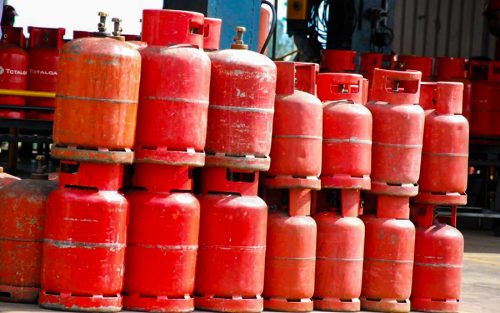Gas consumers in Nigeria are bracing for price hikes as gas prices are expected to increase due to a combination of international factors. The President of the Nigerian Association of Liquefied Petroleum Gas Marketers, Olatunbosun Oladapo, has cited several reasons for the intended price review, including rising international prices, high tax rates, prices of vessels, forex scarcity, and naira devaluation.
Oladapo noted that international prices have gone up, taxes are high, and consumers’ purchasing power has gone down. He expressed concern that the impending price increment is unfortunate and will have a negative impact on consumers, middlemen, and retailers.
Consumers are already feeling the effects of rising gas prices, with some resorting to alternative cooking sources like firewood, charcoal, and sawdust. The situation has raised concerns about the affordability of gas for the average Nigerian.
Oladapo called on the government to provide palliatives, reduce taxes and levies, and address the challenges facing the gas market. He emphasized that the government should consider taxing profits rather than products to alleviate the burden on consumers.
Vessel scarcity in the international market is also contributing to the expected increase in gas prices. Charter rates for vessels have surged, which is expected to impact the cost of Liquified Natural Gas (LNG), also known as cooking gas. The scarcity of LNG vessels is linked to traders using ships as floating storage in anticipation of higher LNG prices during colder months.
The devaluation of the Nigerian naira further complicates the situation, as it impacts the domestic price of LPG. The Nigerian LNG typically sells cooking gas based on the prevailing exchange rate, and the devaluation of the naira can lead to higher prices for consumers.










